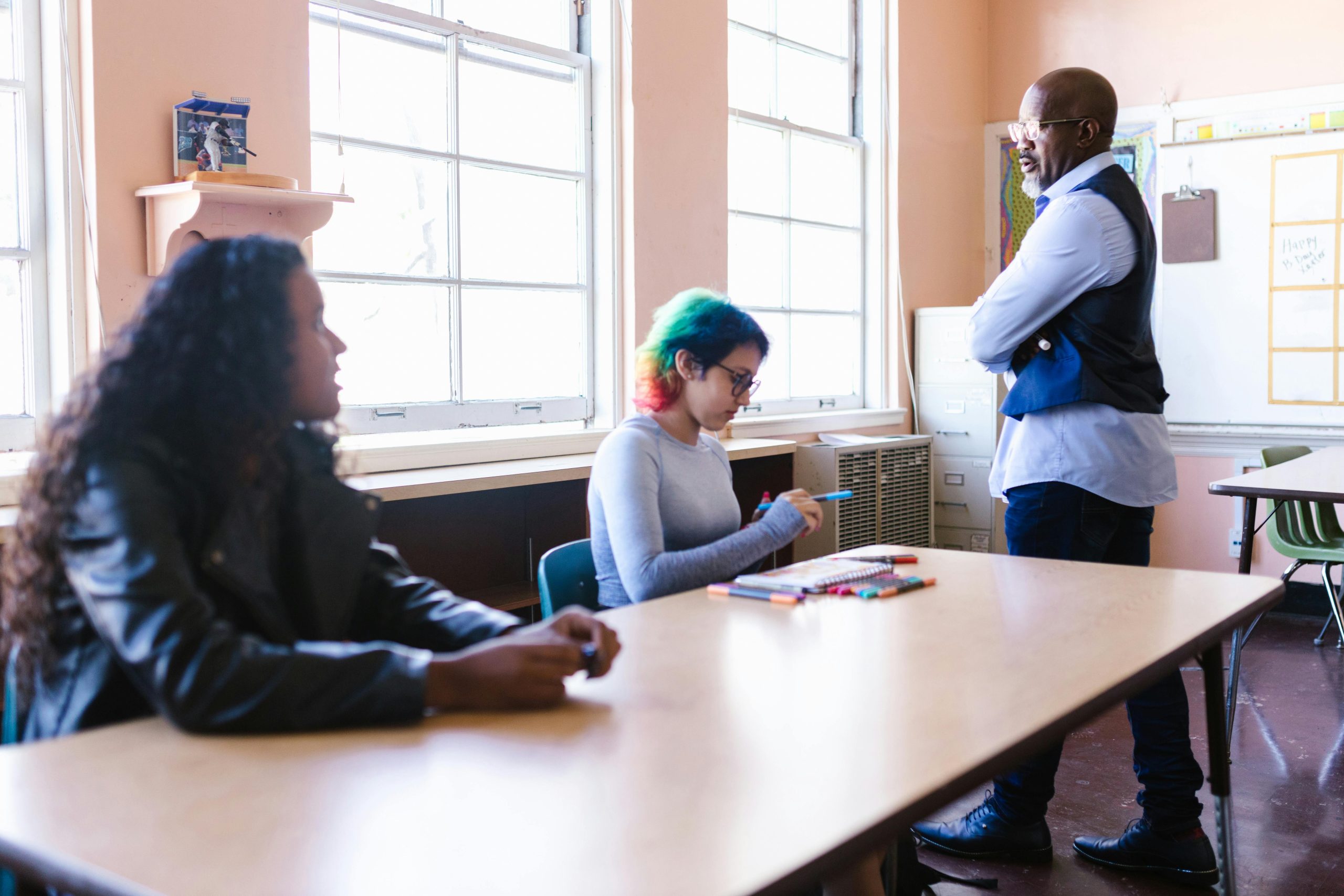Equipping Students for the Future: Essential Skills for Life After Graduation
In today’s rapidly changing world, it is more important than ever to equip students with the essential skills they need to succeed in life after graduation. The traditional model of education focused solely on academic knowledge is no longer sufficient to prepare students for the challenges they will face in the workforce and in society. As such, educators and policymakers must prioritize the development of critical skills that will enable students to thrive in the 21st century.
The importance of equipping students for the future cannot be overstated. According to a report by the World Economic Forum, the top skills required for success in the workplace are shifting towards those that emphasize creativity, critical thinking, and problem-solving. In order to remain competitive in the global economy, students must be equipped with these skills from an early age. By fostering a culture of lifelong learning and adaptability, educators can help students navigate the complexities of the modern world and seize opportunities for growth and advancement.
One of the essential skills for life after graduation is critical thinking and problem-solving. These skills enable students to analyze information, evaluate evidence, and make informed decisions. By encouraging students to think critically and approach problems from multiple perspectives, educators can help them develop the resilience and resourcefulness needed to overcome challenges in the real world. Critical thinking skills are not only valuable in the workplace but also in everyday life, as they empower individuals to make sound judgments and navigate complex situations with confidence.
Another crucial skill for life after graduation is communication and collaboration. In today’s interconnected world, the ability to communicate effectively and work collaboratively with others is essential for success. By fostering strong communication skills, educators can help students build relationships, resolve conflicts, and achieve common goals. Collaboration skills are particularly important in the workplace, where teamwork and cooperation are often required to achieve organizational objectives. By providing students with opportunities to work in groups and engage in meaningful discussions, educators can help them develop the interpersonal skills needed to thrive in a diverse and dynamic environment.
In addition to critical thinking and communication skills, students must also be equipped with adaptability and resilience. The ability to adapt to change and bounce back from setbacks is crucial for success in today’s fast-paced world. By nurturing a growth mindset and encouraging students to embrace challenges as opportunities for growth, educators can help them develop the resilience needed to overcome obstacles and persevere in the face of adversity. Adaptability and resilience are not only valuable in the workplace but also in life, as they enable individuals to navigate uncertainty and thrive in the face of change.
Furthermore, providing students with career readiness and job preparation opportunities is essential for equipping them for the future. By offering internships, job shadowing experiences, and career counseling services, educators can help students explore their interests, develop their skills, and make informed decisions about their future careers. Career readiness programs also help students build professional networks, gain real-world experience, and prepare for the transition from school to work. By equipping students with the knowledge and skills needed to succeed in the workforce, educators can empower them to pursue their passions, achieve their goals, and make a positive impact on the world.
In conclusion, equipping students for the future is a critical task that requires a holistic approach to education. By prioritizing the development of essential skills such as critical thinking, communication, adaptability, and resilience, educators can help students thrive in the 21st century. By providing career readiness and job preparation opportunities, educators can empower students to pursue their passions and achieve their goals. Ultimately, by equipping students with the skills they need to succeed in life after graduation, educators can help them navigate the complexities of the modern world and make a positive impact on society.







